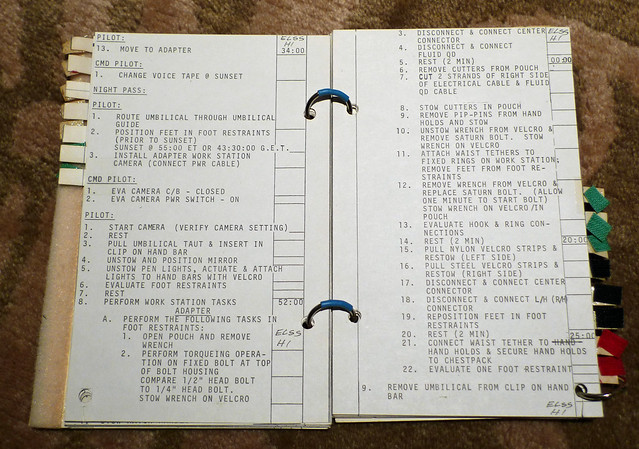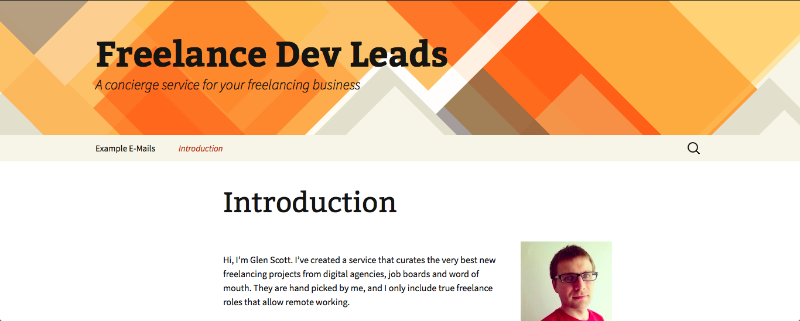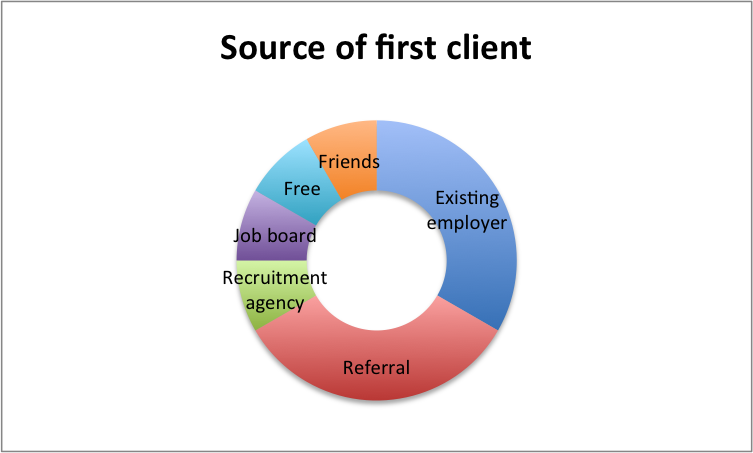
Being my own boss was always a dream of mine, but it took two life-changing events for it to become a reality. Being made redundant from my job and the imminent birth of my first son meant I had a big decision to make. Should I look for another permanent position somewhere, or should I start out on my own?
“If you don’t build your dream someone will hire you to help build theirs.” — Tony A. Gaskins Jr.
I bit the bullet, and I have not looked back.
In this article, I’m going to highlight three of the most important aspects to consider when starting out as a freelance developer: setting goals, embracing the business mindset and finding work.
Motivation for going solo
For anyone considering going freelance, it’s important to set your own motivation and goals. When times are tough – and you will most certainly have downs as well as ups – these goals can help keep you on the right track. My priorities were:
- Maximising time spent with my family
- Be able to work remotely
- Work outside “normal” 9-5 hours
- Being able to cherry-pick projects of interest
- Having the ultimate decision in choosing technologies for projects
The word “freedom” could be applied to all of these. It’s the underlying motivation that drives me.
It was pretty clear from day one that just relying on my software development skills was not going to be enough to cut it out in the big wide world. I realised that I would need to juggle three quite different roles:
- Technician
- Marketer
- Salesperson
Getting into the business frame of mind can help you add marketing and sales skills to your repertoire.
You are a business as well as a freelancer
Keep in mind from the start that your are business rather than “just” a freelancer. Even if you are the only person involved, you are still a business and you should be running your freelancing operation as one. This means getting the balance between the three roles right. By just focusing on your craft, you’ll soon find your leads drying up.
A few books I can recommend to help you learn about these different roles:
- E-Myth Revisited (Michael E. Gerber, 1994)
- Winning Without Losing (Martin Bjergegaard and Jordan Milne, 2013)
- 4-Hour Work Week (Timothy Ferriss, 2011)
- Book Yourself Solid (Michael Port, 2011)
Finding work
I recently surveyed a few fellow freelancer’s about how they secured their first paying gig.
The two most common answers were a) going back to existing employers and b) referrals
Existing employers
Initially, this might seem a strange option — why would you freelance for a company that you used to work for? Many reasons…
Companies are increasingly looking to take on freelancers, rather than permanent employees, for one-off projects. It’s worth getting in touch with your existing employer(s) and seeing if there are any projects they would like to contract out. By approaching people you’ve worked with before, the level of trust is already there — there is no need to prove yourself again. This also means it’s less of a risk for the company you are approaching.
Referrals
Having a good reputation for what you do is essential. If you are good at your job, then people are likely to refer business onto you. For this to work you need to make sure that people know that you are freelancing, and actively seeking work. A simple Tweet to let people know your availability could be all that it takes for somebody to think “ah-ha, I know somebody that is looking for a web developer at the moment”.
However, there are many other ways of getting work. Pick one and focus on it rather than spreading yourself too thinly. Any of these methods can be fruitful if you put the effort in.
- Job Boards
- Local networking events
- Social sites such as LinkedIn
Summing up
A couple of years down the line, I am still working as a freelance developer and own my own software business. I can’t imagine ever going back to a daily 9-5 office job, and would recommend going solo to anyone. It’s allowed me to spend lots of time with my family, work with companies all around the world and even when I’ve been without work – which on occasion has lasted several weeks – something new and interesting has always turned up.
photo credit: Leap of faith by kodomut, from Flickr
I’m a freelance software developer with 18 years’ professional experience in web development. I specialise in creating tailor-made, web-based systems that can help your business run like clockwork.
I am the Managing Director of Yellow Square Development.
More Posts
Follow Me:















